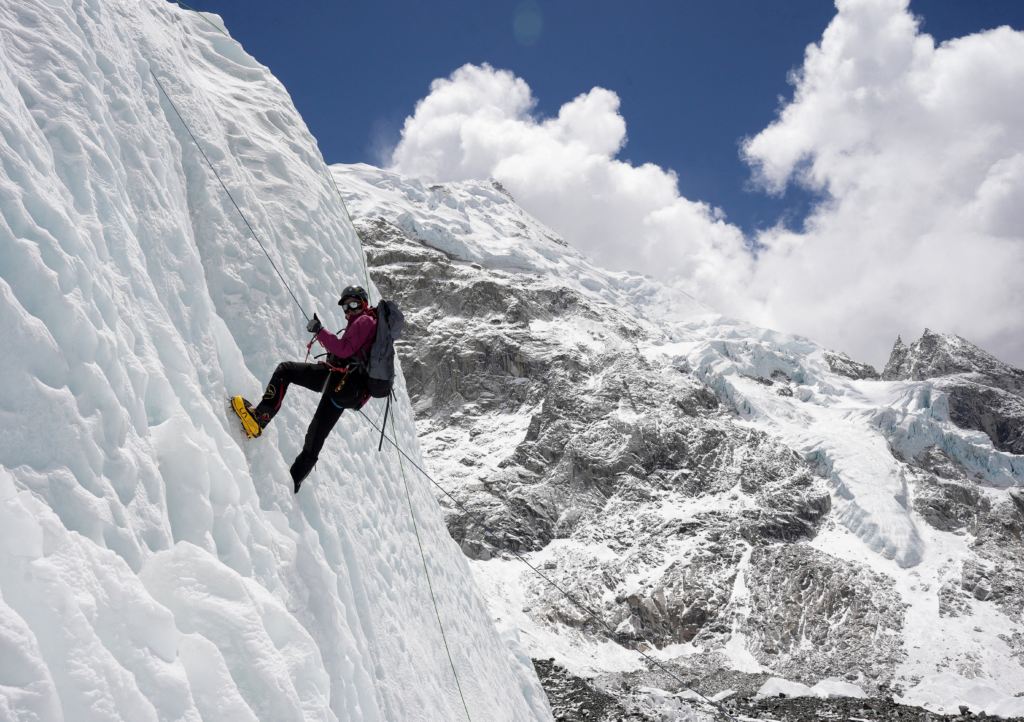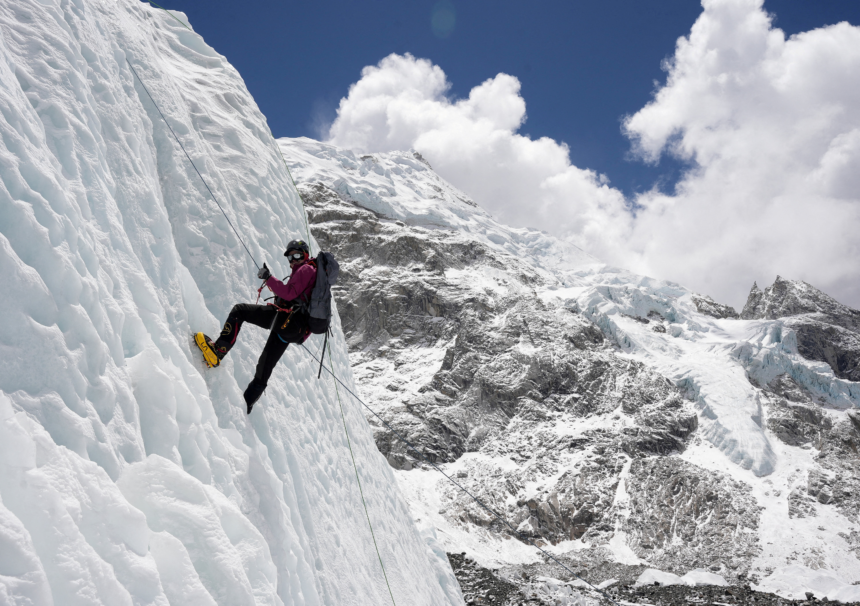Introduction
Mount Everest, the world’s highest peak, is about to become more exclusive. In a major shift, Nepal has announced that only experienced climbers will be eligible for permits to scale the summit. This new rule aims to enhance safety, reduce congestion, and protect both climbers and local guides. For those eyeing Everest in 2025 and beyond, these changes are critical to understand.
1. Experience Requirement Becomes Mandatory
Climbers must now show proof of successfully summiting at least one peak higher than 6,500 meters before applying for an Everest permit. This measure is intended to prevent inexperienced adventurers from endangering themselves and others.
2. Stricter Permit Scrutiny
Applicants will undergo more thorough background checks, including verified climbing histories and health documentation. Tour operators must also meet new safety compliance standards.
3. Insurance and Emergency Protocols Required
All climbers must now show valid insurance that covers high-altitude evacuation. Expedition teams are required to have a clear emergency response plan approved by Nepalese authorities.
4. Sherpa Safety and Rights Boosted
The updated policy includes provisions to enhance working conditions for Sherpas, including guaranteed life insurance, proper gear, and safer routes.
5. Fewer Permits to Be Issued
Nepal plans to limit the number of climbing permits issued per season to reduce overcrowding. This will preserve the mountain’s ecosystem and reduce deadly traffic jams on summit day.
6. Mandatory Orientation for Foreign Climbers
First-time climbers in Nepal will be required to attend a mountaineering orientation. The session covers weather risks, gear usage, altitude sickness, and local customs.
7. Penalties for False Information
Any climber or tour company found to have submitted false experience records will face steep fines, bans from future expeditions, and potential legal action.
Conclusion
Nepal’s new Everest rule, restricting access to experienced climbers, is a bold step toward safer and more sustainable mountaineering. These updated regulations reflect a growing concern for the environmental, ethical, and logistical challenges of commercial expeditions. If you’re planning a future climb, now is the time to get certified, build your resume, and climb responsibly.
Next Read: Why Nepal Is Overhauling Its Mountaineering Laws
External Source: BBC News: Nepal to restrict Everest permits to experienced climbers











